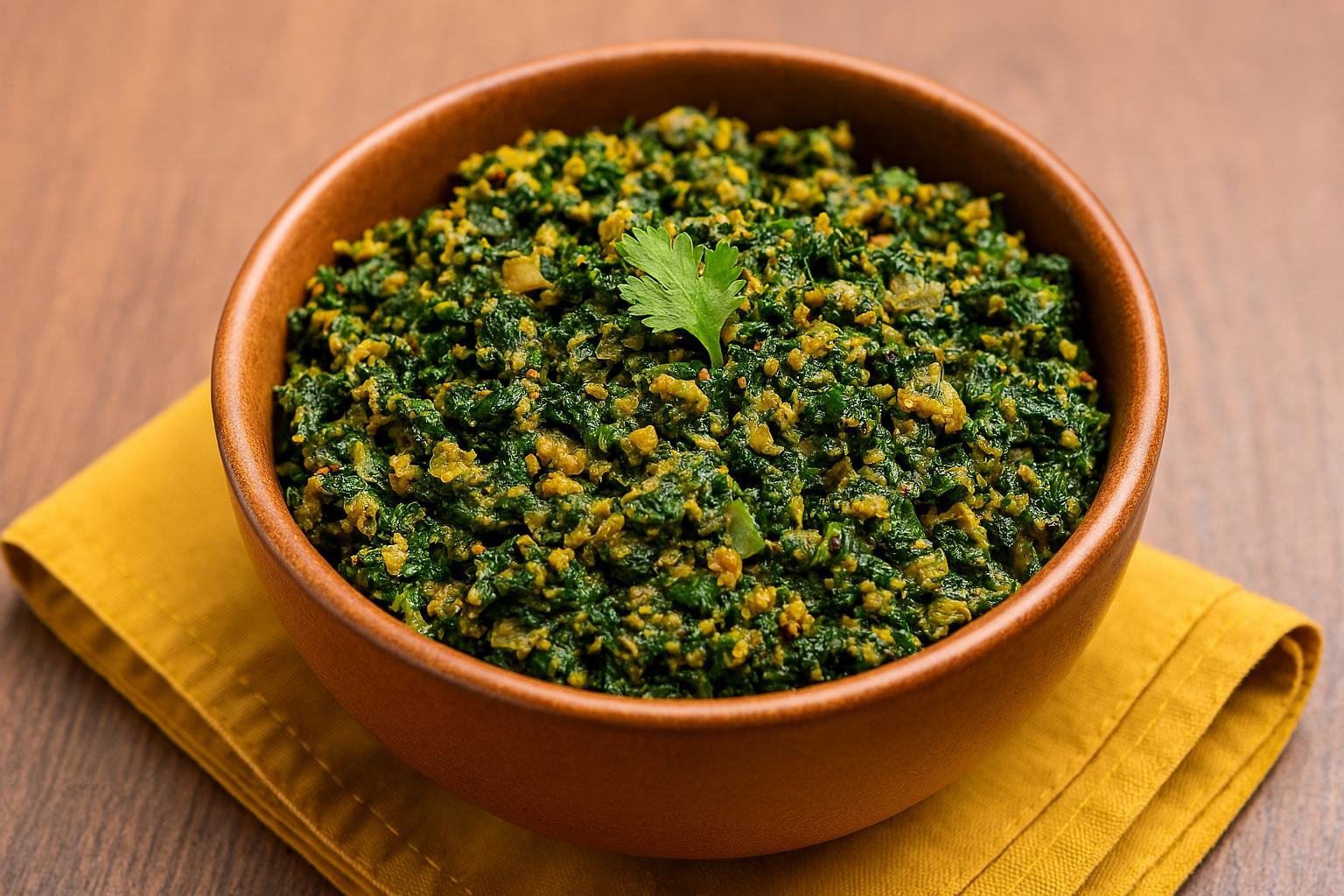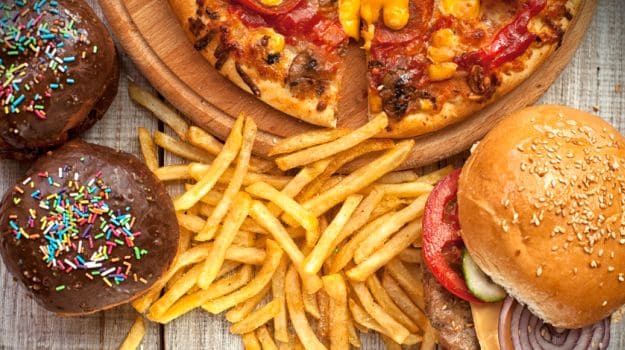Earlier research has established a link between obesity and poor mental health. A high-fat diet has also been blamed for triggering obesity and weight gain, which are linked with a whole range of chronic ailments and potentially-fatal conditions. Additionally, people have been known to over-indulge in unhealthy foods when they're emotional or emotionally fraught. A new study conducted on mice has now revealed that a diet rich fatty foods and junk foods disrupts function of the brain and may trigger depression. Fatty foods typically include fast foods like hamburgers, pizzas and pastas, as well as desserts like chocolates, cupcakes, candies, which are all rich in empty calories, saturated fats and are also rich refined carbs.
The study titled, "A high-fat diet promotes depression-like behavior in mice by suppressing hypothalamic PKA signaling" was published in the journal Translational Psychiatry and it revealed the molecular link between depression and obesity in mice models. The researchers looked a tiny area of the brain called hypothalamus for answers while investigating this link. Hypothalamus is tiny but it regulates a number of key body behaviours and emotions and a range of other functions like circadian rhythms, weight and growth, salt and water balance and even libido. The subject mice were fed a high-fat diet and then put through a number of tests to examine the physical manifestation of obesity.
The researchers observed that mice that ate high-fat diet exhibited depression-like behaviours, due to a suppressed hypothalamic signaling. They saw that the high-fat diet increased the levels of fatty acids in the hypothalamus and suppressed the PKA pathway. The study said, "To the best of our knowledge, the present findings are the first to show that the consumption of an HFD induces an influx of dietary fatty acids specifically in the hypothalamus, leading to an impairment of the cAMP/PKA signaling cascade and this downregulation of the PKA pathway can be implicated behaviorally for the development of depression in mice."
(This content including advice provides generic information only. It is in no way a substitute for qualified medical opinion. Always consult a specialist or your own doctor for more information. NDTV does not claim responsibility for this information.)










